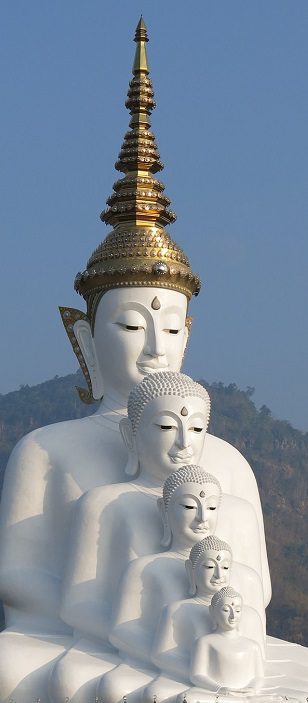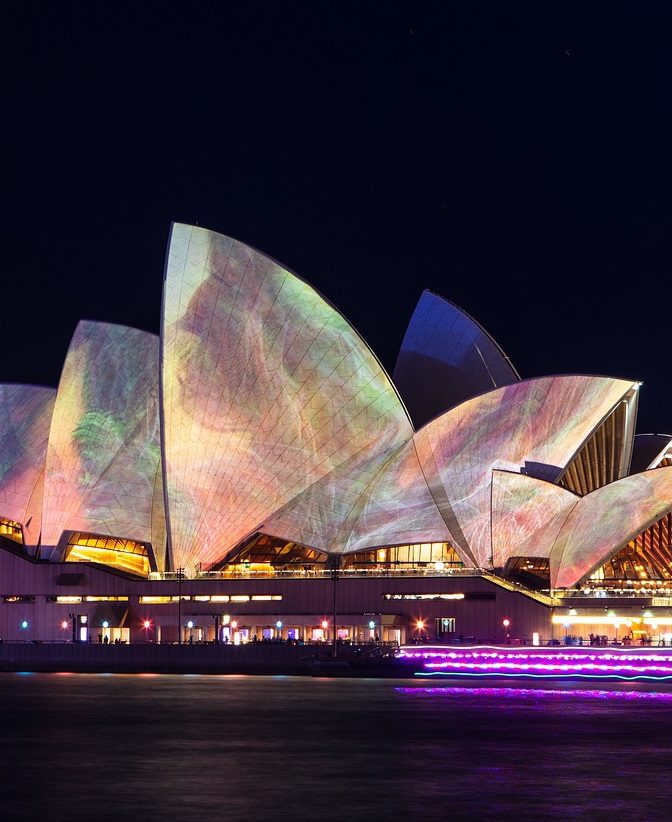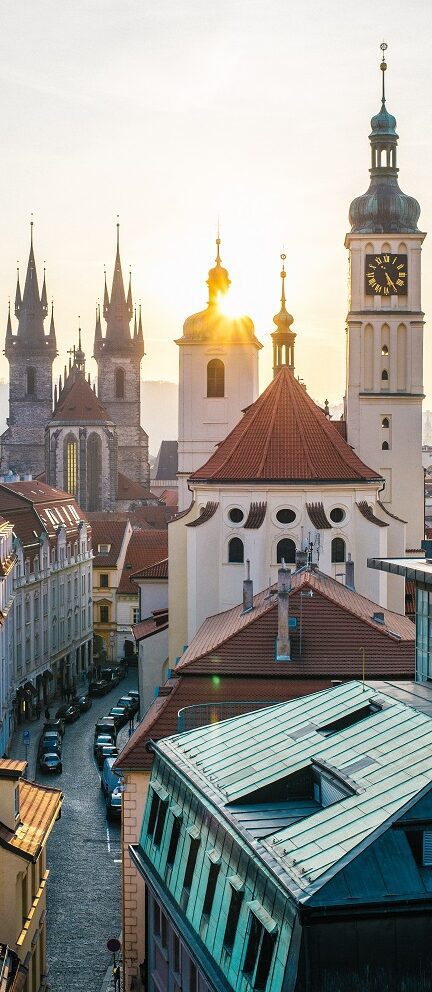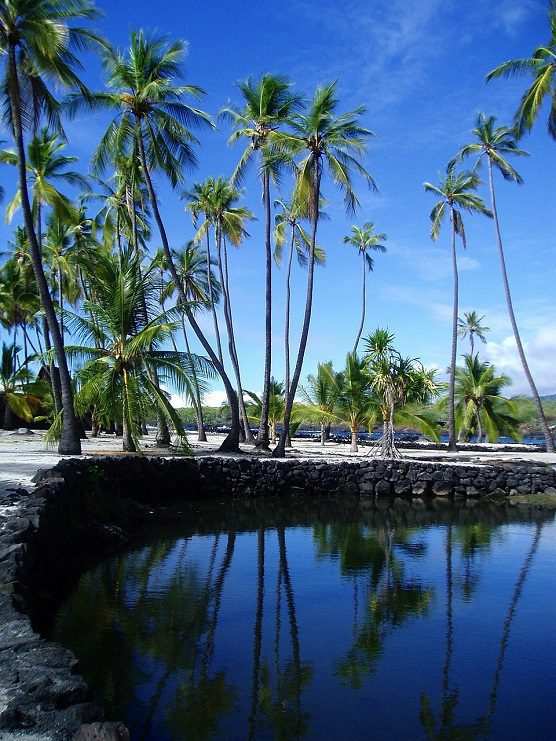
The oldest church in town, St. Peter’s, a few steps from Marienplatz, is part of the soul of the city (according to a popular song, “Munich is not Munich without St. Peter’s”). And wherever you walk, you’ll see the twin onion domes of the Frauenkirche, the city’s iconic church. Along with much of Munich, the church was badly damaged in World War II, then lovingly rebuilt and gloriously restored.
After the war, people who lived in Germany’s heavily bombed cities debated how they’d rebuild. Should they reconstruct the old towns, or bulldoze and start over from scratch? Frankfurt voted to go modern (and is today nicknamed “Germany’s Manhattan”), but the people of Munich rebuilt their old town center.
City leaders took care to preserve Munich’s original street plan and recreate the medieval steeples, Neo-Gothic facades, and Neoclassical buildings. They blocked off the city center to cars, built the people- friendly U-Bahn (subway) system, and opened up Europe’s first pedestrian-only zone – which let’s you stroll peacefully right through the old center. Only now, more than 70 years after the last bombs fell, are the restorations finally wrapped up.
As Germany’s beer capital, Munich offers classic beer halls complete with cheap food, noisy fun, oompah music, and rivers of beer. While the boisterous and belching Bavarian atmosphere can be extremely touristy, everybody’s having a great time. Connoisseurs have their favorite brews— and to get it, they simply go to the beer hall that serves it.
When I was in Munich recently, my local guide, Georg, took me to his favorite beer hall, Der Pschorr. At some beer gardens, they have a big wooden keg out on display, but actually draw the beer from huge stain- less-steel dispensers. At Der Pschorr, every few minutes you hear a “whop” as they tap a classic old wooden keg. Hearing this, every German there knows they’re in for a good fresh mug.
I asked if they sell half-liters. Georg said, ‘This is a ‘Biergarten,’ not a kindergarten!” He ordered us each the standard full Mass, or liter glass (about a quart, nearly what we’d call “ein pitcher” – but it’s meant for one person). Waitresses carry armloads of these heavy mugs seemingly with ease.
While we enjoyed our time at Der Pschorr, first-time visitors shouldn’t miss the Hofbräuhaus, a place that really lives up to the name “beer hall.” Although it’s grotesquely touristy, it’s a Munich must. The smoke-stained ceiling, repaired and repainted after WWII bomb damage, is an evocative mesh of 1950s German mod– Bavarian colors, chestnuts, food, drink, and musical themes.







